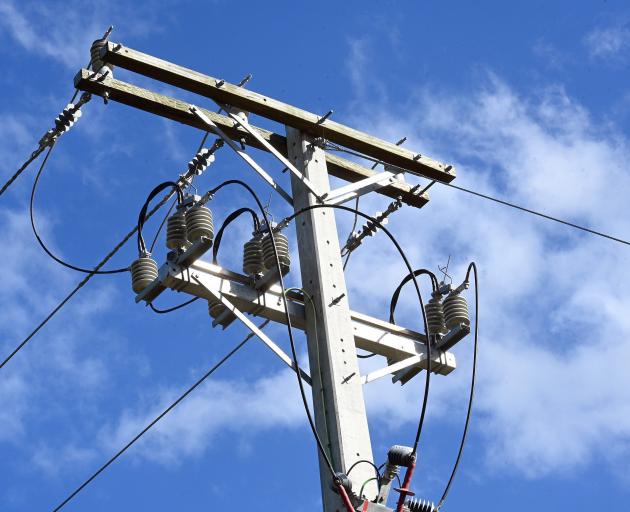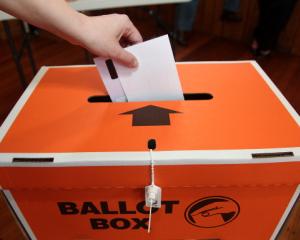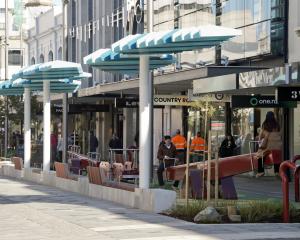
The Dunedin City Council is preparing for the sale of its Aurora lines network, marking the likely end of a sorry chapter in the history of Otago's energy distribution infrastructure.
It results from a long series of very poor decisions, both at government and local body level over 25 years, with Otago ratepayers and electricity consumers all counting, and paying, the costs.
The debacle began with the Electricity Reform Act in 1998 and some extraordinary measures, requiring the separation of generation and retailing of electricity from distribution (lines networks). Companies could generate and sell power, or distribute it, but they couldn’t do both.
Power boards and municipal electricity departments were forced to choose their new business model.
The Act’s statement of intent that "costs and prices in the electricity industry be subject to sustained downward pressure, and that these pricing benefits flow through to all classes of consumers" was coupled with an attempt to protect consumers: "The governor-general from time to time by Order of Council (may) make regulations imposing restraint in respect of lines network charges."
What could possibly go wrong?
Central Otago opted to sell its lines network and Dunedin opted to buy it. Design flaws in that Act began to surface immediately. Not only did Central Otago consumers see their lines charges skyrocket, but no governor-general was to be seen.
The government presumption that lines network price control was unnecessary lasted until 2008, with effective Commerce Commission regulations appearing two years later. It was finally conceded that, in the absence of effective regulation, many lines networks had charged excessive prices and/or provided poor quality service.
For 12 years many Central Otago consumers watched their network charges increase around 1000%. And for close to 20 years, they watched their local network assets rot and fail through abysmal asset mismanagement.
Yes, Aurora recently conceded that "mistakes were made" as it embarked on a massive rebuild of its failing network.
But now Dunedin City Holding’s "golden goose" has come home to roost.
Commerce Commission regulations are now focused tightly on Aurora and the revenue stream from it is limited and subject to plenty of scrutiny.
However, it is the future that we all need to now focus on, and make carefully considered decisions on if, when and how Aurora might be disposed of. Central Otago consumers need to be part of this process.
The deficient 1998 Electricity Reform Act has long since been repealed. And the Commerce Commission’s regulatory regime around lines networks is based on the long-term interests of the consumer, while ownership structures have become more flexible, allowing for combinations of partial private/trust/council ownership models.
Importantly, the commission now deems that the sale price/value of an electricity distribution business has no direct impact on consumer electricity bills, so Aurora is simply not going to attract an unrealistically high sale price.
There is the option of selling part of the Aurora network back to Central Otago, which has the wherewithal to finance that, along with a proud history of astute management and construction of its electricity assets. And perhaps all inside a consumer trust entity?
We could be going back to the future.
— Nick Loughnan is a Central Otago farmer.












